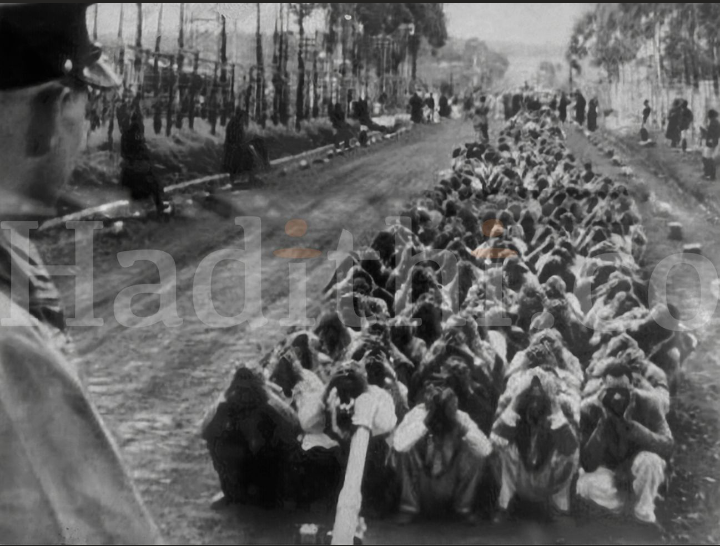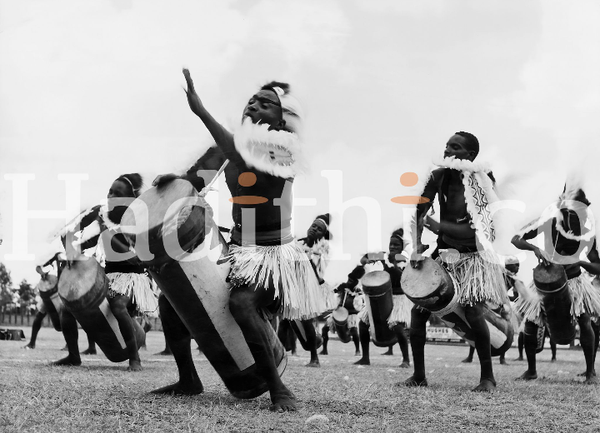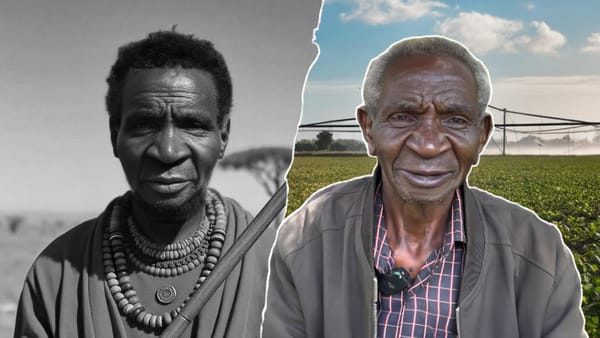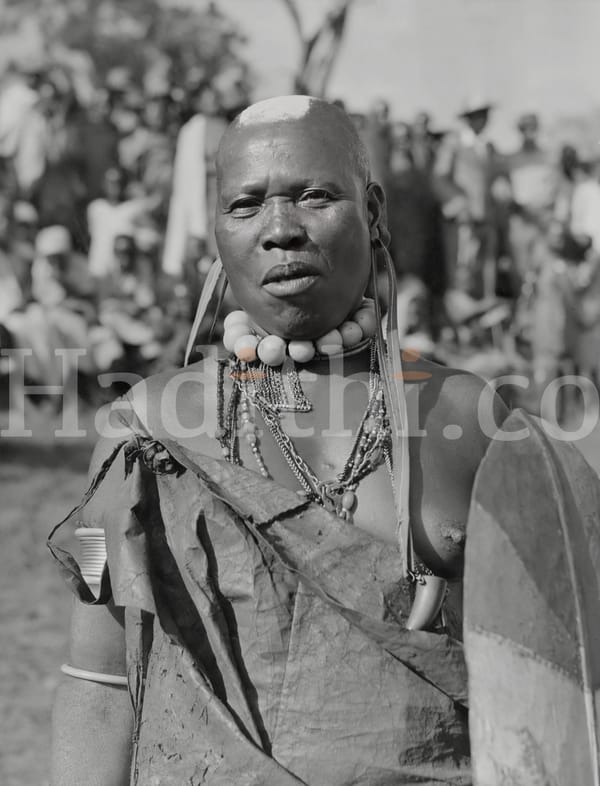African Gods: The Luo Tribe of Kenya
How do spiritual beliefs shape daily life in a community? The Luo people of East Africa, with their supreme god Juok, provide a captivating example. What roles do ancestral spirits and diviners play in their culture? Explore the rich tapestry of Luo spirituality in the article below?
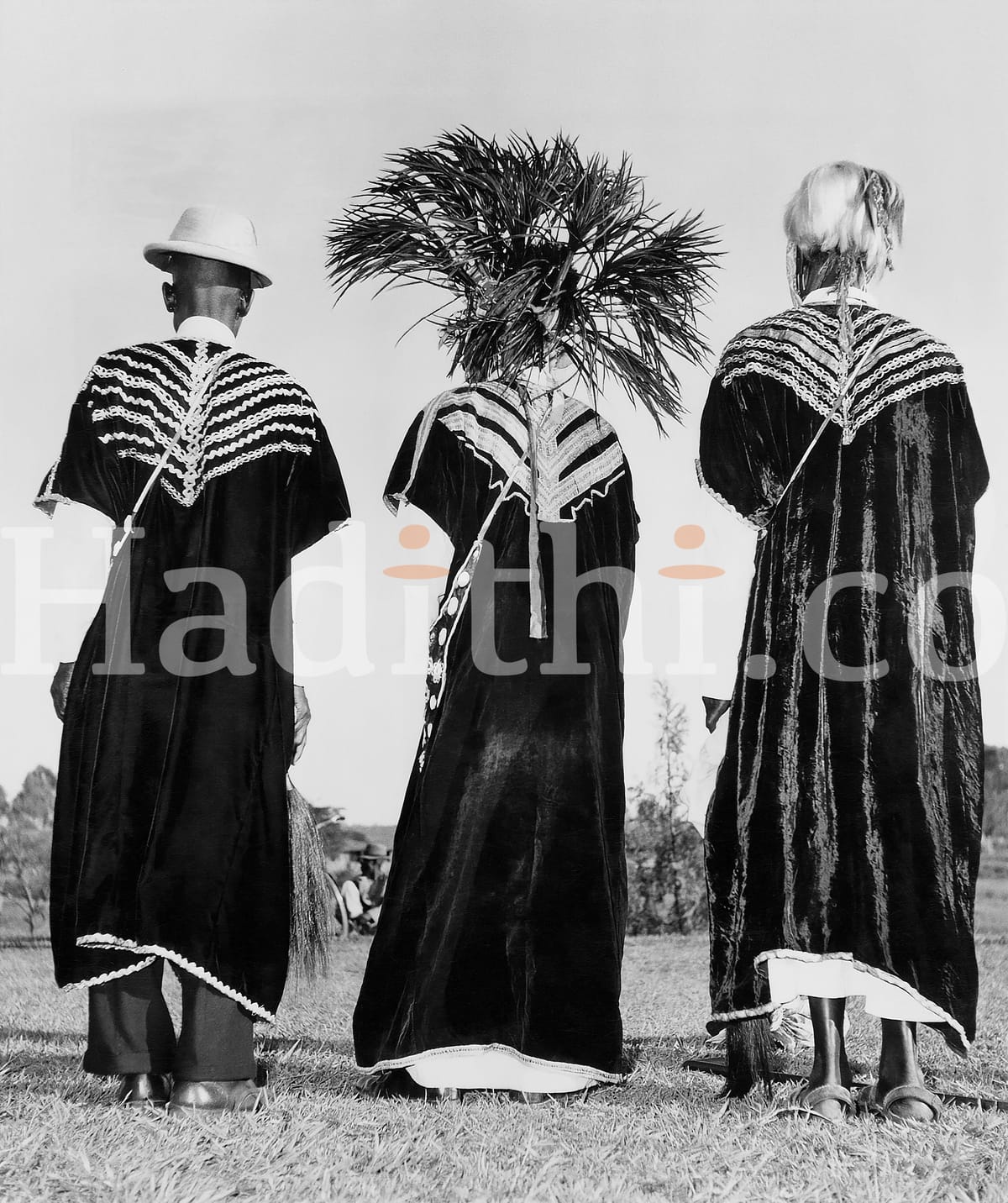
The Luo community, primarily located in Kenya, Uganda, and Tanzania, is part of the larger Nilotic ethnic groups that speak the Dholuo language. As the fourth largest ethnic group in Kenya, the Luo people have a rich cultural and spiritual heritage. This article delves deeper into the myths surrounding their god, specific places of worship, the roles of ancestral spirits, and the significance of diviners in Luo culture.
Juok: The God of the Luo
In Luo tradition, Juok is regarded as the supreme god. The name "Juok" translates to "mysterious" and "of no origin." This god is believed to exist but is not directly accessible. Instead, Juok is often described metaphorically as wind and air, symbolizing his omnipresence. His presence is felt through mysterious acts and revelations communicated by seers and diviners. To the Luo, Juok represents the "essence of every being," embodying the life force that flows through all creation.
Attributes of Juok
Juok is not only omnipresent but also omniscient, possessing infinite wisdom. He is often depicted as a loving and caring creator, deeply concerned with the well-being of his people. The Luo believe that Juok listens to their prayers and intervenes in their lives, offering guidance and support in times of need. His character is also associated with justice and balance, ensuring that good deeds are rewarded and wrongdoings are met with consequences.
To understand the nature of Juok's mysterious power, the Luo consult a diviner known as “Ojuoga.” This diviner acts as a bridge between the community and the divine, helping to interpret the signs and messages believed to come from Juok. Ojuoga may use various tools, such as cowrie shells, pebbles, and other ritual objects, to gain insights into the spiritual world. He was so powerful that he would even communicate with the dead spirits.
The Many Names of God in Luo Culture
In Luo culture, there are many names used to refer to God, each reflecting a different aspect of His nature or the specific needs of the people. This variety in names has led some outsiders, particularly missionaries, to view the Luo as polytheistic, meaning they believe in many gods, which is untrue. However, for the Luo, these names represent different ways of relating to the one supreme God, Juok.
Juok: The Supreme God
Juok is the central figure in Luo spirituality, representing the ultimate source of life and power. His name embodies mystery and the essence of all existence. While Juok is the name most commonly associated with God, the Luo use various other names to connect with Him based on their specific situations and needs.
Names Based on Context
- Were: When the Luo community has a specific request or need, they call upon God as "Were." This name signifies a direct appeal for assistance or guidance in a particular matter. It shows their belief that God is attentive and responsive to their individual prayers.
- Nyasaye, Ruoth: This name means "the king." The Luo use this term when they are begging or asking for something significant, such as help in times of crisis or great need. By referring to God as a king, they emphasize His authority and power to grant their requests.
- Jarit: In situations where safety or support is required, the Luo might invoke "Jarit." This name highlights the protective aspect of God, showing that they seek His guidance and strength in overcoming challenges or dangers.
- Wuon Koth: This name translates to "father of rain." The Luo use this term when praying for rain, which is essential for agriculture and sustenance. By addressing God in this way, they acknowledge His control over natural elements and express their reliance on Him for life-giving resources.
- Nyakalanga: Meaning "the one who flows everywhere," this name reflects the belief that God is omnipresent, existing in all places at all times. The Luo use this name to remind themselves that even when they feel alone, God is always with them.
- Kumu: For secret help or guidance, the Luo may call upon "Kumu." This name represents God as a source of discreet assistance, emphasizing that sometimes they seek help in a more private or personal manner.
The Collective Name: Nyisieche Nyasaye
The Luo also have a plural term, "Nyisieche Nyasaye," which encompasses all the names of God. This term acknowledges the many facets of the divine and reinforces the idea that while there are different names and attributes, they all refer back to one supreme being—Juok.
In essence, while missionaries may interpret the use of multiple names as a belief in many gods, for the Luo, it is a way to express the complexity of their faith and their connections to their God. Each name serves a purpose, allowing the Luo to engage with God in a meaningful and context-specific way, reinforcing their cultural identity and spiritual practices.
The Role of Spirits
Between the Luo people and Juok are the spirits, regarded as powerful intermediaries between God and humanity. These spirits are believed to influence human destiny in various ways, guiding individuals in their daily lives and decisions. Juok is thought to reside in natural elements like rocks, trees, hills, springs, and pools. Each of these elements is seen as a manifestation of Juok’s presence, reminding the community of his omnipotence.
Known and Unknown Spirits
The Luo people categorize spirits into known and unknown spirits. Known spirits, referred to as "friends of Nyasaye," are believed to work for the community's benefit, interceding between people and God. These spirits are often ancestral, representing the souls of deceased family members who continue to watch over their descendants. They are honored through rituals and offerings, ensuring their blessings and guidance
In contrast, unknown spirits, or “Jochiende,” are viewed with caution. These spirits are often associated with misfortune, illness, or bad luck, especially to those who deviate from cultural norms. The Luo believe that these spirits can disrupt the community's fate and cause harm to individuals. To protect against these unknown spirits, the community engages in purification rituals. For instance, spilling of blood was heavily feared and avoided because it was believed by the community that this would provoke the spirit of the dead to come back to haunt and punish the people, especially anyone associated with murder in the community. Murder or spilling another’s blood within the home, whether intentional or by accident, was also dangerous, and hence, cleansing rituals had to be done
Sacred Practices and Worship
The Luo community has various prayers meant to praise and acknowledge Juok's attributes. In times of distress, luo chiefs would pray for the community's deliverance and make sacrifices to Nyasaye. Rather than having specially built shrines, the Luo elders designate certain trees and rocks as sacred places of worship. Notably, the "Yogu," a sausage tree, and the "Ngou," a fig tree, are recognized as particularly sacred and believed to belong to God.
Rituals and Offerings
The community engages in various rituals to honor Juok and the spirits. These rituals may include:
● Sacrifices: Domestic animals like chickens, sheep, and goats are commonly sacrificed during significant ceremonies. The blood and meat of these animals are offered to Juok and the spirits as a sign of respect and gratitude.
● Libations: Food and drinks are poured onto the ground as offerings to the spirits. This act is seen as a way to nourish the spirits and gain their favor.
● Healing Ceremonies: When someone in the community is ill, special rituals are performed to invoke Juok’s healing powers. These may involve chanting, dancing, and the use of herbal remedies.
When praying, the Luo face either East or West, depending on the sun's position, to seek God’s assistance. The direction of the sun holds significance as it represents the cycle of life and renewal. Diviners play a crucial role in this spiritual communication, using methods like visual imagery and dreams to convey messages from the spirits.
The Significance of Diviners
Diviners hold a respected position within the Luo community, serving as spiritual advisors and healers. Their role goes beyond mere interpretation of messages; they are often involved in community decision-making and conflict resolution. Diviners may conduct ceremonies to cleanse individuals or the community from negative influences and restore harmony.
The methods used by diviners can vary widely. Some might rely on traditional herbal medicines, while others use divination tools like cowrie shells, bones, or even the patterns of animal behavior. The insights gained from these practices are often viewed as sacred knowledge, guiding the community in their spiritual and everyday lives.
Conclusion
The spiritual beliefs and practices of the Luo community reveal a deep connection to the divine, characterized by a unique understanding of Juok and the importance of spirits. Through their varied names for God, sacred practices, and the vital role of diviners, the Luo navigate their spiritual landscape with respect and reverence. By honoring their traditions, they maintain a vibrant cultural identity that reflects their rich heritage and deep-rooted spirituality. The ongoing reverence for Juok and the integration of ancestral wisdom highlight the Luo's commitment to preserving their culture while adapting to the modern world.

